
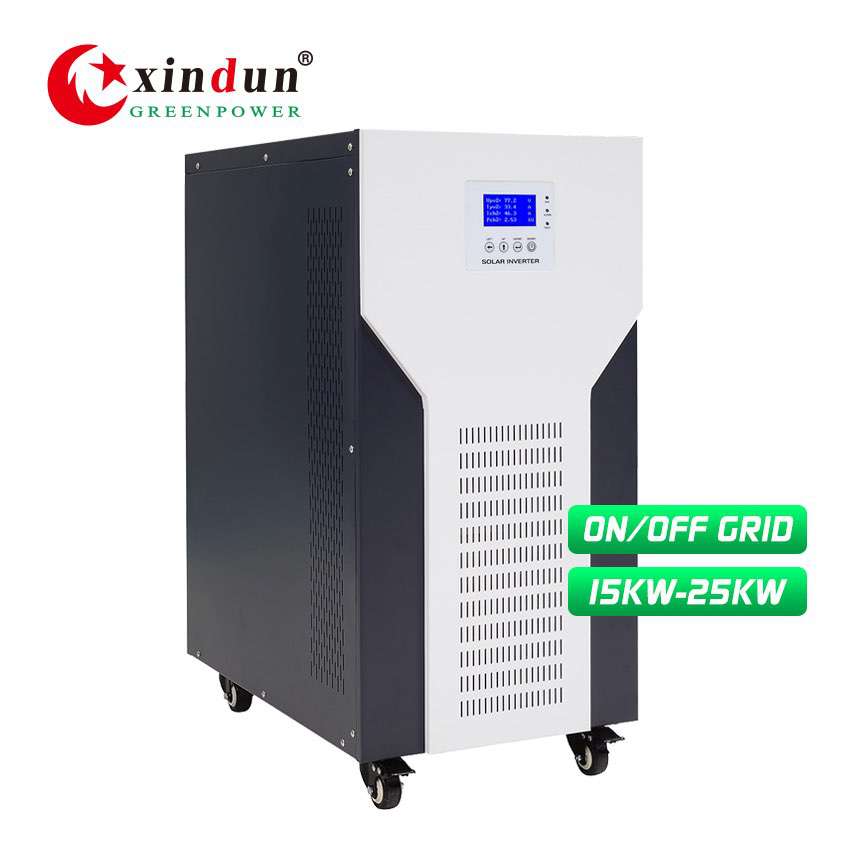
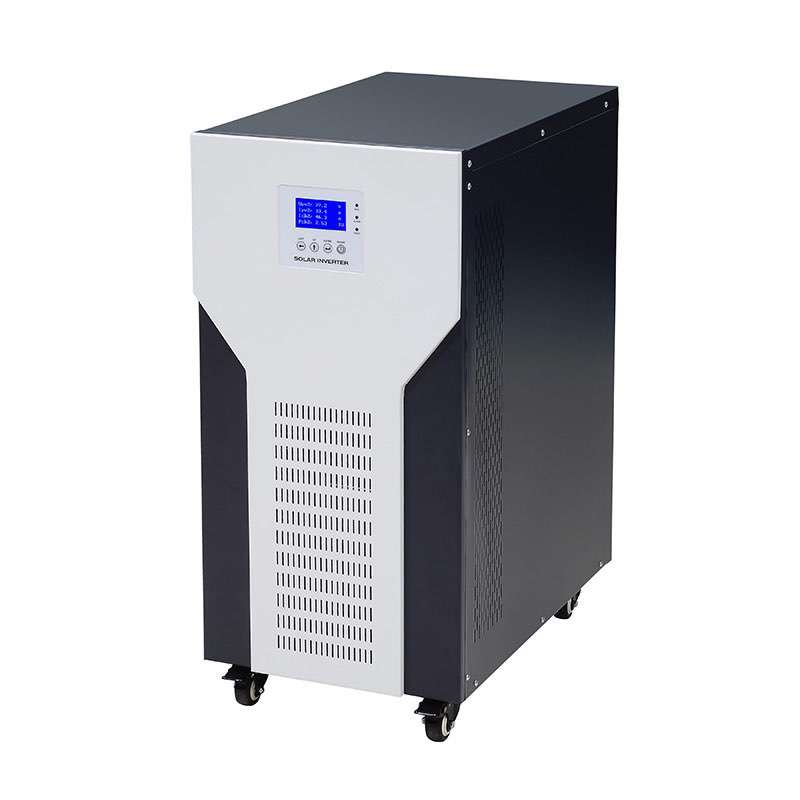
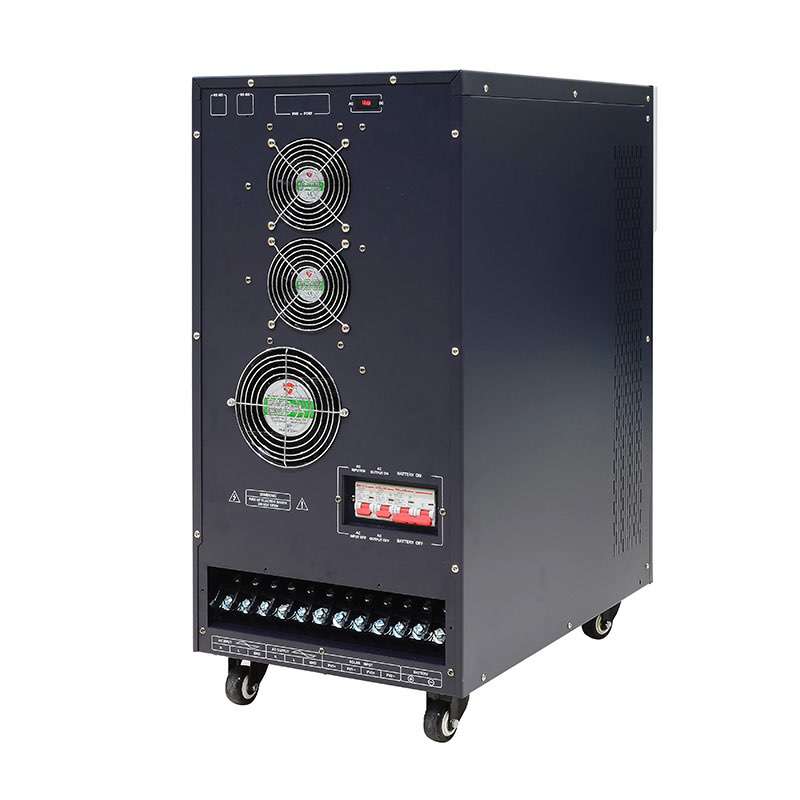
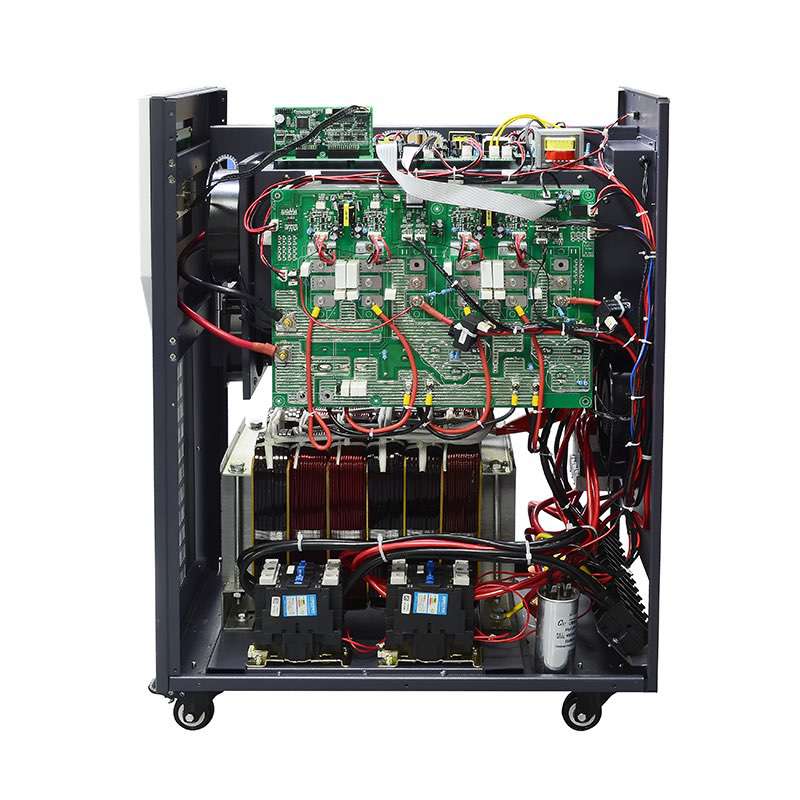
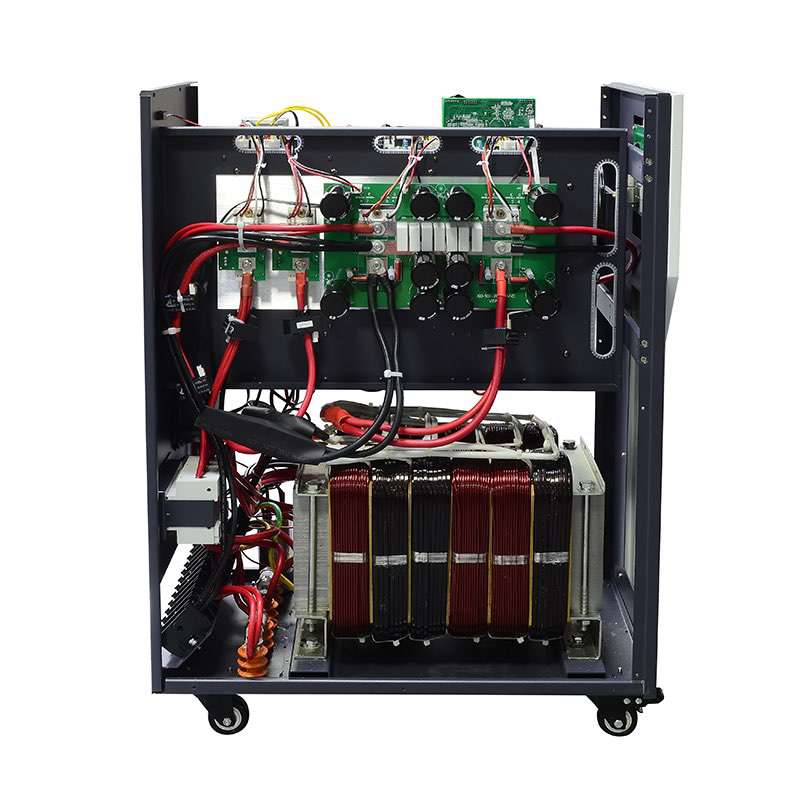
15KW/20KW/25KW, DC192V/240V to AC220V/230V | Inverter with Dual MPPT Charge Controller | Hybrid Solar On/Off Grid Tie Inverter
Product
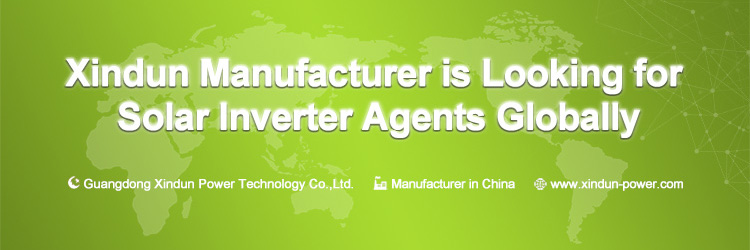
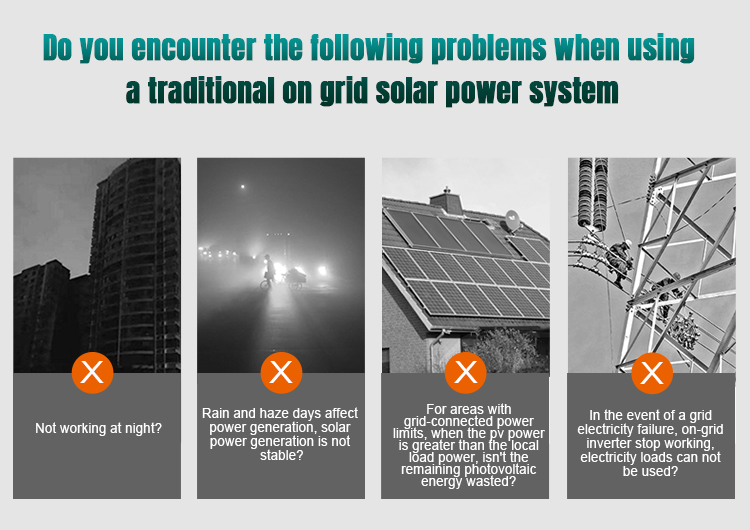
■ Why Use Hybrid Solar Grid Tie Inverter
1: Peak clipping and valley filling to help you earning revenue
During the valley period (when the electricity price is low), the power grid charge the battery through the inverter. During the peak period (when the electricity price is high), the inverter send full power to the grid. Under the condition of satisfying the load demand, the battery power is also fed to the power grid, to achieve the purpose of selling electricity to grid. By using the hybrid solar grid tie inverter, it is not only reduce the pressure of electricity, but also obtain the economic benefits of peak valley difference in electricity charges.
Peak and valley time periods can be set up by users.
2: Off-grid power generation, which can be used as a backup power source when the power grid is cut off
In the event of a power grid failure, the grid-tied mode of the inverter stops working, and switch to off-grid mode automatically, solar power continues to be generated to provide uninterrupted power to the loads, and the remaining photovoltaic energy is stored in batteries
3: Photovoltaic energy is fully utilized
The system uses PV energy as priority at any working modes, when the energy of PV is not enough, it can be supplemented by power grid or batteries. When the PV energy is surplus, the battery is stored or send to the grid, to achieve the purpose of self-use and extra power send to the grid, realize the full use of PV power generation
4: Both PV/AC can charge the batteries
This hybrid solar grid tie inverter is compatible with lead-acid battery, lithium ion and other battery types. Both PV/AC can charge the batteries with 3 section/2 section charging mode, it can prolong the battery service life.
5: Auto power on, convenient for unattended operation
In the state of power grid supply and photovoltaic power supply, the hybrid solar grid tie inverter automatically starts up to facilitate the power management in the case of unattended.
6: High inverter efficiency, Innovative technology
There is no loss when grid supply power to the loads through inverter. When photovoltaic and battery supply power to loads, the inverter loss is less than 10%, leading among peers.
■ Hybrid Solar Grid Tie Inverter Feature
1 Integrated intelligent energy management system, a variety of modes can be set;
2 Hybrid solar grid tie inverter cut peaks and fill valleys to reduce grid pressure and maximize profits;
3 Dual MPPT input, precise algorithm, efficient use of PV energy;
4 Supports multiple parallel operations for user expansion;
5 3-stage/2-stage charging technology to protect battery life;
6 Two-way energy storage design, PV, mains can charge the battery;
7 Support multiple remote monitoring of communication software (RS232RS485Mobile APPSNMPGSM).
■ Hybrid Solar Grid Tie Inverter Specification
| Parameters | ||||
| Model: ES | 153192 | 203192 | 253240 | |
| PV Input |
Max input voltage(Voc)
(At the lowest temperature)
|
450V | 500V | |
| MPPT tracking range | 240V-360V | 300V-400V | ||
| Recommended operating voltage range | 240V-320V | 300V-380V | ||
| MPPT route number | 2 | |||
| Max input power | 8.8KW/8.8KW | 11.2KW/11.2KW | 14KW/14KW | |
| Battery | Type of battery | Lead-acid battery / Lithium-ion battery | ||
| Rated voltage | 192V | 192V | 240V | |
|
Max charging current
(Can be set,Recommended 0.1C)
|
80A(PV)/ 40A(Mains) | 110A(PV)/ 60A(Mains) | 110A(PV)/ 60A(Mains) | |
| Float voltage(Can be set) | 220.8V | 276V | ||
| Charge voltage(Can be set) | 227.2V | 284V | ||
| Charging method | 3-stage/2-stage | |||
| AC Input | Rated voltage | 220V/230V | ||
| Input voltage range | 187V~264V | |||
| Rated input frequency | 45Hz~55Hz(50Hz) / 55Hz~65Hz(60Hz) | |||
| Islanding Protection | ≤2S | |||
| Reconnection time | 30S | |||
|
AC output
(off grid mode)
|
Rated output power | 15KW | 20KW | 25KW |
| Rated output voltage | 220V/230V | |||
| Output voltage accuracy | ±2% | |||
| Rated output frequency | 50Hz/60Hz | |||
| Output frequency accuracy | ±1% | |||
|
AC output
(on grid mode)
|
Rated output power | 15KW | 20KW | 25KW |
| Rated output current | 68.2A | 90.1A | 113.6A | |
| Output voltage | 187V~264V | |||
| Output frequency | 47~52Hz/57~62Hz | |||
| Power Factor | >0.99(Rated power) | |||
| Protection | Output short circuit | Yes | ||
| Over load | Yes | |||
| Over-voltage/under-voltage | Yes | |||
| Over-frequency/under-frequency | Yes | |||
| Over temperature | Yes | |||
| Island protection | Yes | |||
| Regular Parameter | Topology | Transformer isolation | ||
| Display | LCD+LED | |||
| Communication(Optional) | RS485/APP(WIFI monitoring or GPRS monitoring) | |||
| Operating temperature | -10℃~60℃(Derating above 45°C) | |||
| Storage temperature | -20℃~60℃ | |||
| Noise | ≤60dB | |||
| Relative humidity | 0%~95%(No condensation) | |||
| Highest altitude | 2000m(More than derating) | |||
| Machine dimension(L*W*Hmm) | 620*380*825 | |||
| Package dimension(L*W*Hmm) | 680*440*950 | |||
| N.W(kg) | 128 | 134 | 140 | |
| G.W(kg) | 140 | 146 | 152 | |
| Installation Method | Tower | |||
| Note: All specifications are subject to charge without prior notice | ||||
■ Hybrid Solar Grid Tie Inverter Details
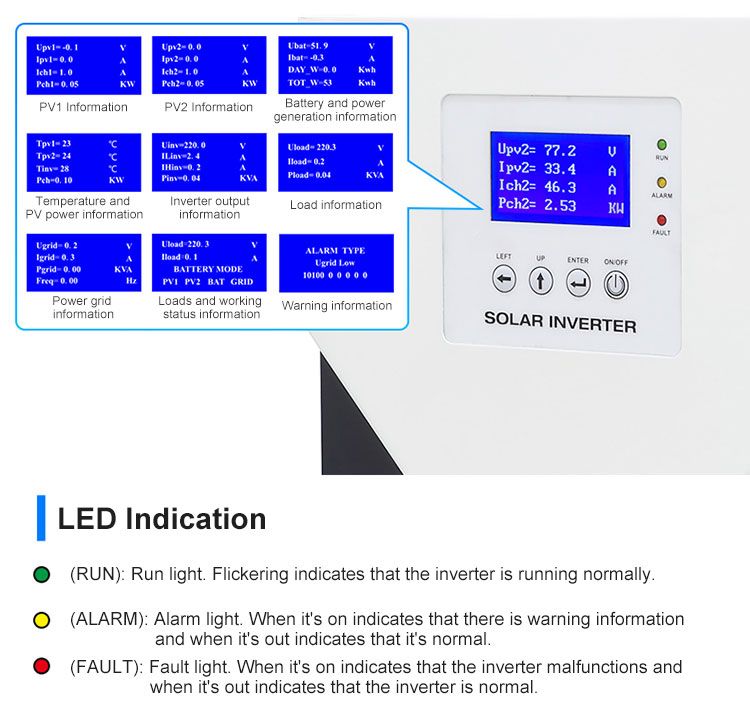
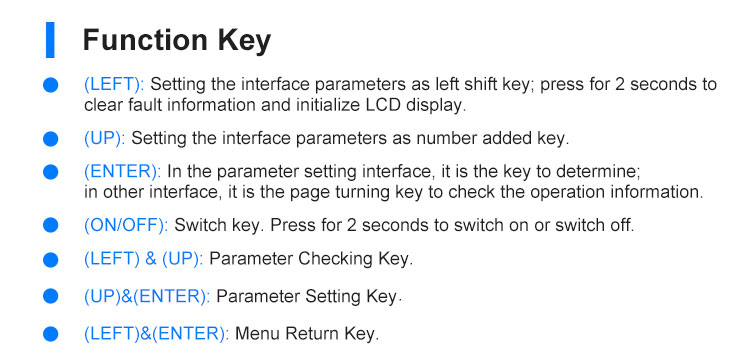
■ Hybrid Solar Grid Tie Inverter Wiring Diagram
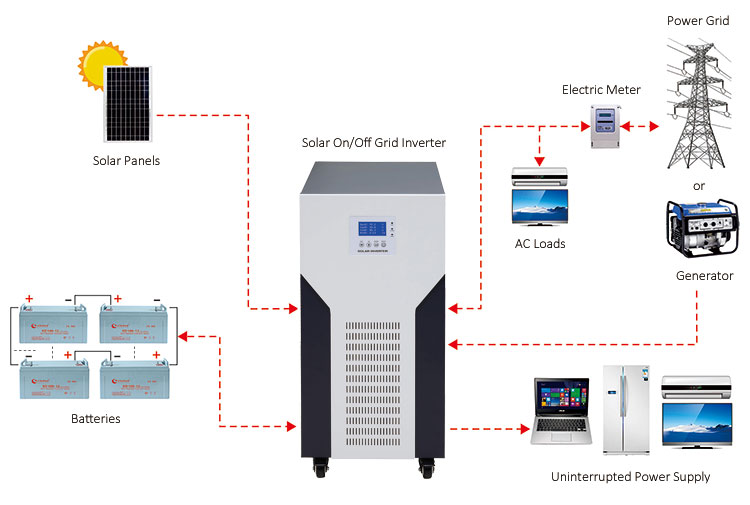
There are three working modes for the hybrid solar grid tie inverter:
Main working modes shown as below according to different status and condition. AC/DC switching key (the key is at the back of the hybrid solar grid tie inverter). If you select AC, the priority mode will be the power grid supply ; If you select DC, the priority mode will be the battery supply.
1) AC mode
1 When the power grid is normal and the current solar power generation is bigger than the load power, solar power will feed the load completely and the surplus solar power will feed the battery and transmit to the grid.
2 When power grid is normal and the solar power is smaller than the load power, the insufficient part is supplemented by the grid; The solar and the grid feed the load together.
3 When power grid is abnormal, the inverter changes to independent invert mode. When the solar power is bigger than the load power, the solar power will feed the load completely, and the surplus part will charge the battery. When the solar power is smaller than the load power, the insufficient part is supplemented by the battery; the batteries and the solar feed the load together.
4 When solar has no generating power, the grid will charge and store energy to the battery through the inverter.
5 When power grid is abnormal and there is no solar, batteries will feed the load.
Advantages under AC mode:
1. The hybrid solar grid tie system gives priority to the use of solar power , and when the solar power is not enough for the local load, it will be supplemented by the power grid, which can make full use of the solar power.
2. The battery will only discharge when the solar power is insufficient and the grid fails. Under normal circumstances, the battery is always in a fully charged state, so it will greatly extend the life of the battery.
2) Battery mode
1 When the power grid is normal and the current solar power generation is bigger than the load power, solar power will feed the load completely and the surplus solar power will feed the battery and transmit to the grid.
2 When the solar power is smaller than the load power, the insufficient part is supplemented by the battery. The solar and the battery will feed the load together.
3 When solar power runs out or very little and the battery is placed to below 192V or 240V (Depends on different solar system voltage), the discharge power of the battery will be linearly reduced. The insufficient part will be supplemented by power grid. And when it reaches the low-voltage protection of the battery, the load will be completely feed by the grid.
4 When power grid is abnormal, the inverter will work in the independent invert mode. The solar power will feed the load. And if the solar power is insufficient, it is supplemented by the battery.
Note: under the BATT mode, if there is no solar, power grid won’t charge the battery.
Advantages under battery mode:
1. The hybrid solar grid tie system gives priority to the use of solar power, and the power gird is only used as the last supplementary power supply when the solar and battery are insufficient, which greatly reduces the user\'s electricity cost.
2. There is no frequent switching between the battery and the power grid, the battery has a small number of charging and discharging, and the life is relatively long.
3. Solar/battery and grid complement each other perfectly, and the load power supply is stable.
3) Peak-cutting and Valley-filling of power-using Mode (This mode needs to work in inverter battery priority mode)
This mode is suitable for the areas which have peak and valley electricity price. According to the electricity price in different periods, the corresponding time can be set to charge and discharge from the grid.
1 When the electricity price is low, power grid charges the batteries;
2 When the electricity price is high, the batteries feed the loads.
■ Hybrid Solar Grid Tie Inverter Application
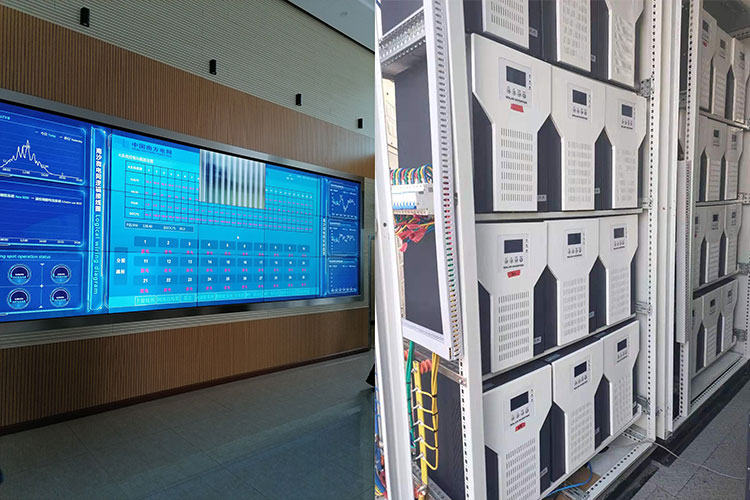
■ Inverter Package and Delivery
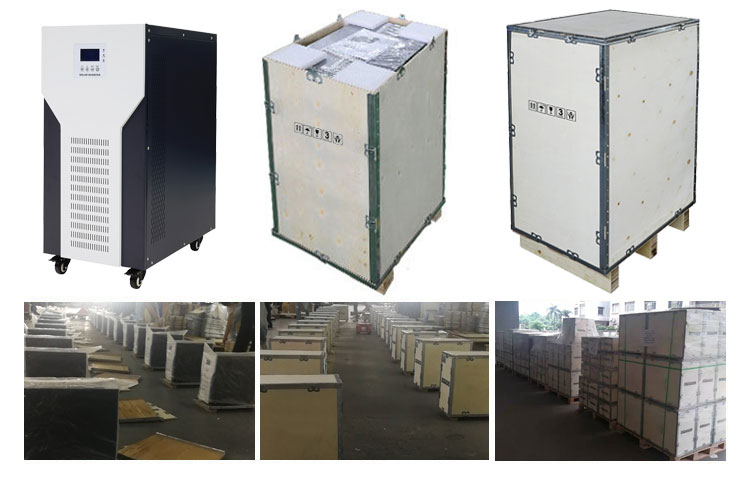
■ Why Choose Us?
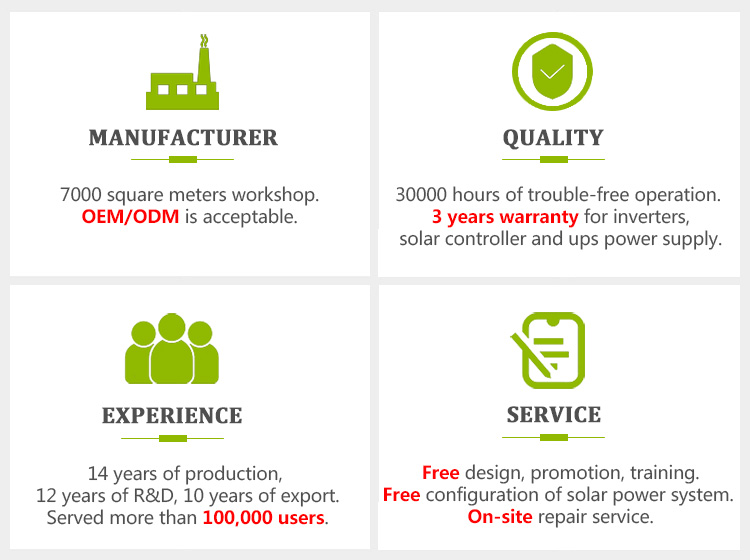
1. We are a professional manufacturer of power inverter and solar controller with over 14 years experience. Best production capability, best quality control, best service.
2. 100% QC inspection and testing before shipment.
3. CE listed, competitive price.
4. 12 years of high-level OEM experience
5. 7,000 square meters factory size (Sq.meters)
6. 200,000pcs monthly capacity
■ About Xindun Power
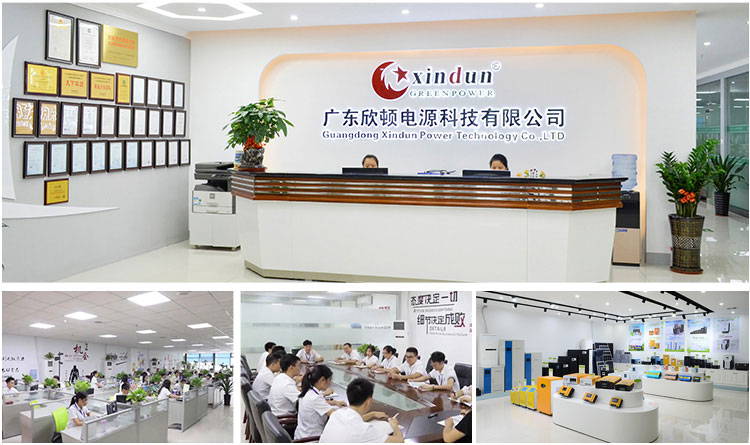
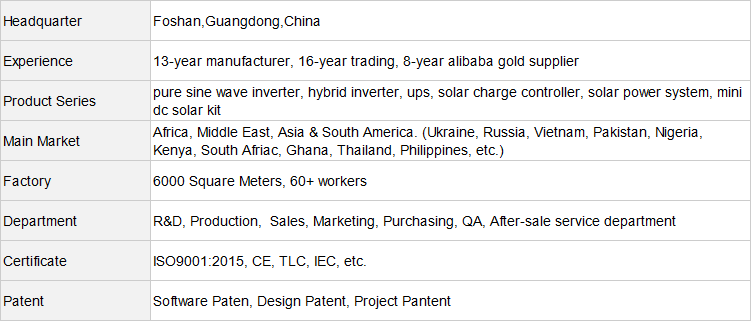
■ Hybrid Solar Grid Tie Inverter Factory
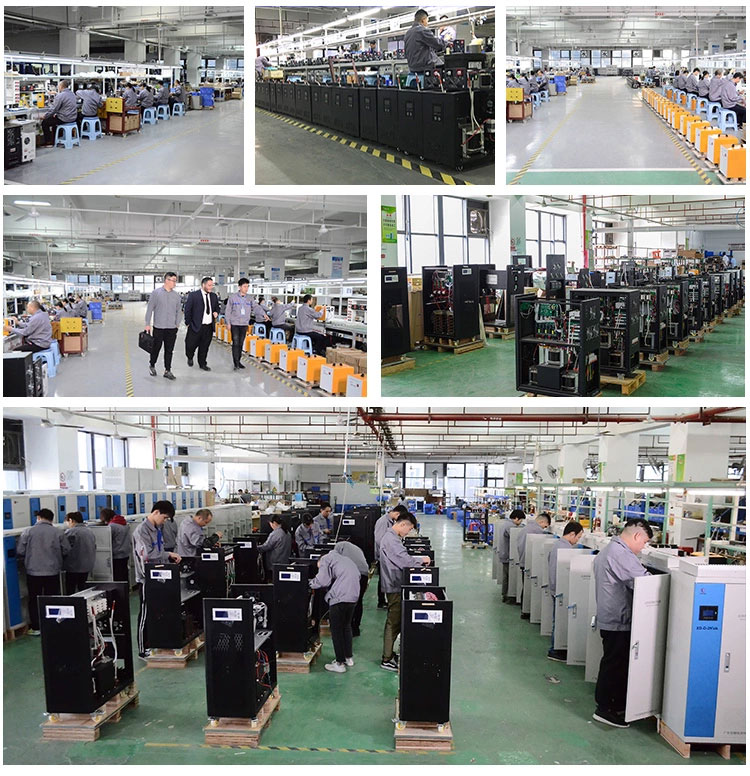
■ Qualifications and Certificates
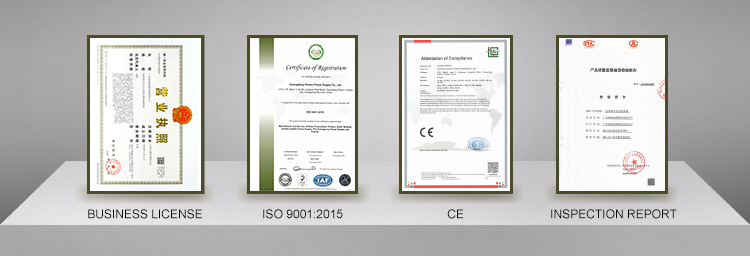
■ Global Solar Exhibitions
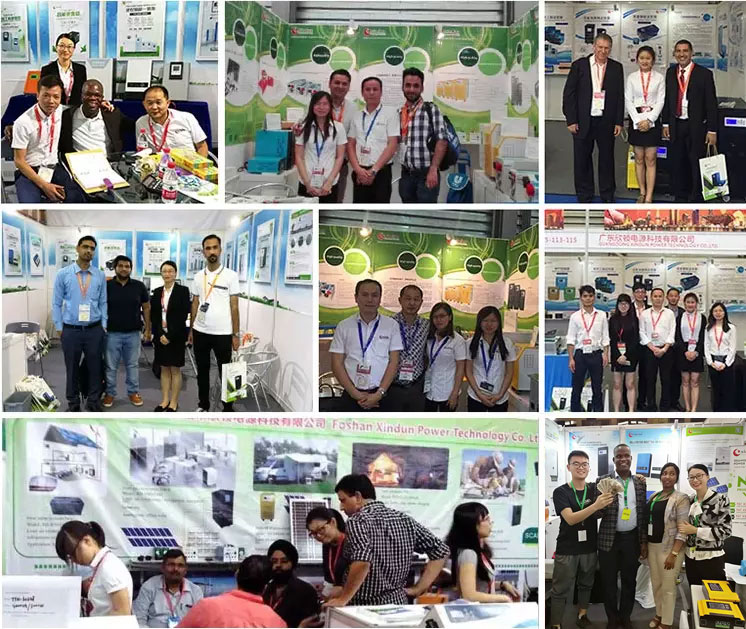
■ FAQ
Q1: Are you a factory?
A: Yes, we are the top 10 power supply manufacturers in China, with over 7000 square meters production area. We focus on inverters, solar charge controllers, solar generators and solar power system solution. We cooperate with some famous brands all over the world, can provide customized production or add your logo on products.
Q2: What is the price of hybrid solar grid tie inverter?
A: Tell me your requirements, such as power, voltage, charging current, quantity, and whether there are other functional requirements. We will give you the most favorable ex factory price. Hybrid solar grid tie inverter factory direct sales, no middlemen earn price difference.
Q3: What type of inverters do you produce?
A: We produce various types of inverters: pure sine wave inverters, off-grid inverters, on/off grid inverters, solar hybrid inverters, single phase inverters, 3 phase inverters, low frequency inverters, high frequency inverters, etc. Don’t know which type of inverter to choose? Contact XINDUN now!
Q4: What\'s the difference between solar inverter and hybrid inverter?
A: Inverter is design to convert DC (Direct Current) into AC (Alternating Current). Both solar inverter and hybrid inverter are widely used in PV solar energy into electric energy. Hybrid inverter contains the function of a solar inverter, also adds a built-in solar charge controller. Also it can be a combination of off grid and grid tie inverter in one machine with same description as you called hybrid inverter.
Q5: How to solve the hybrid solar grid tie inverter technical problem?
A: We will provide market and product training services, 24 hours after-service consultancy just for you and to make your problem to solveeasily.